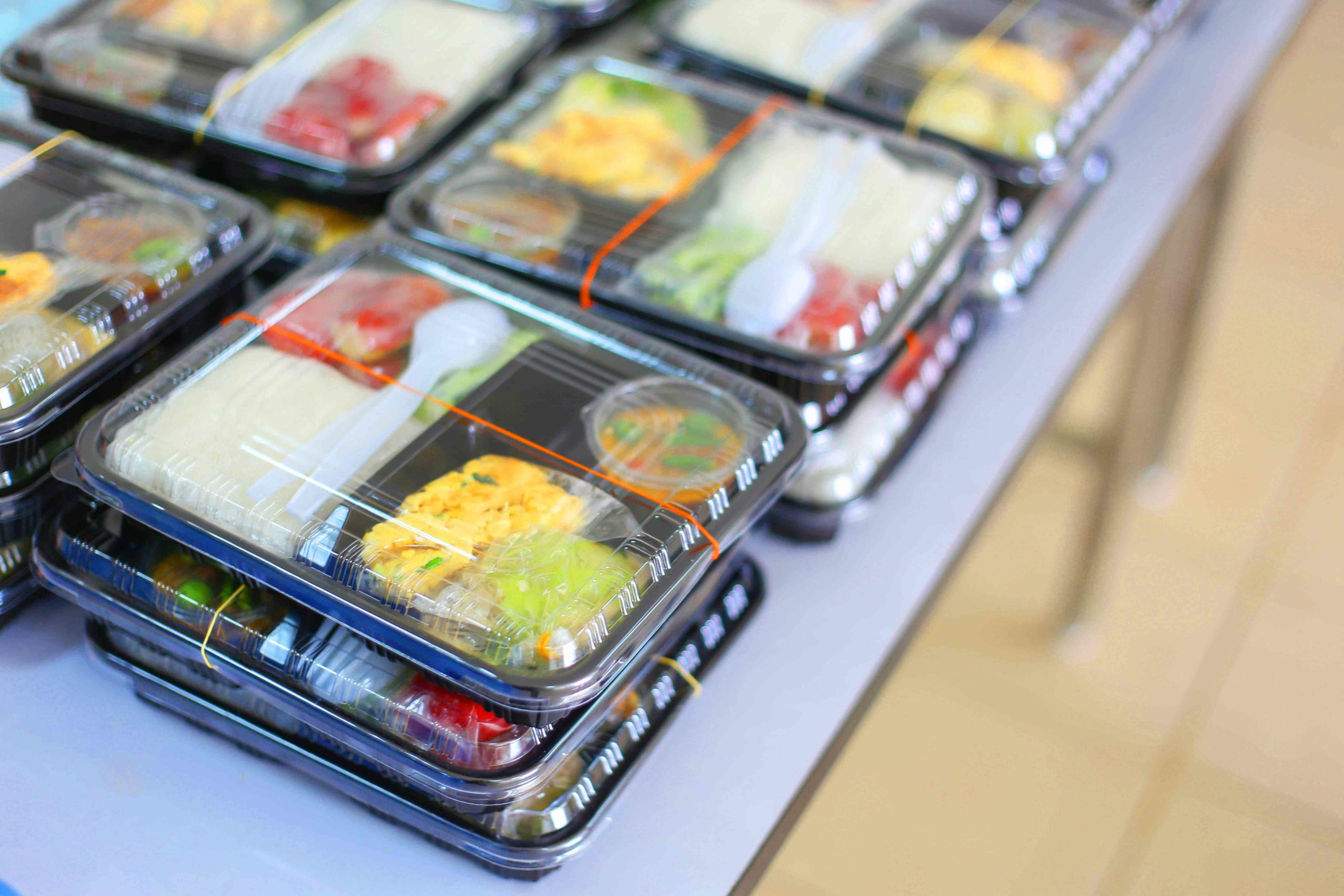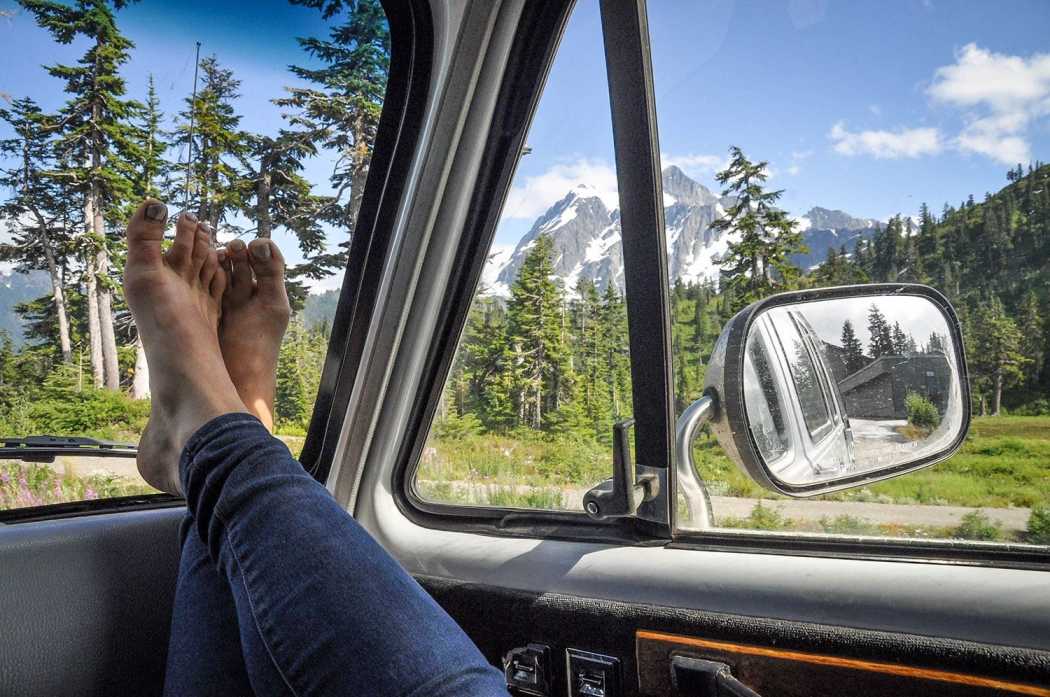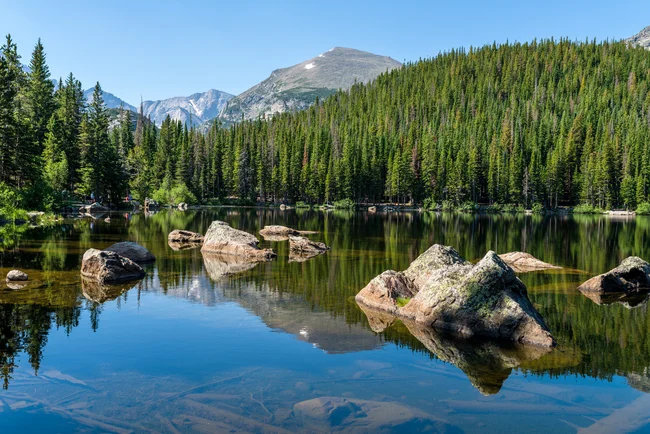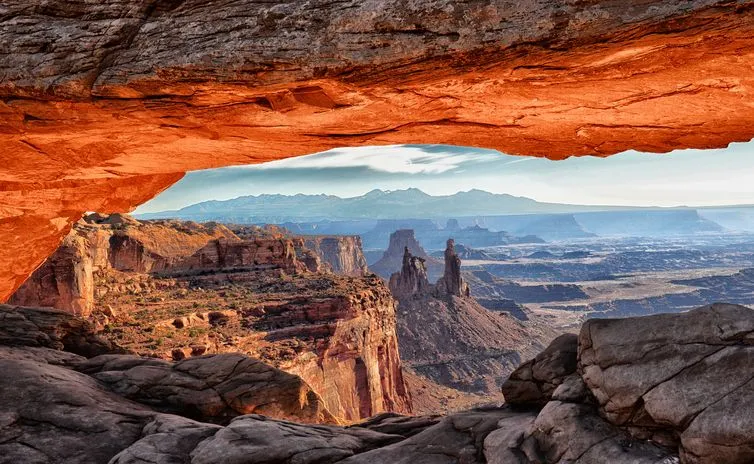Although road trips are a fantastic way to go about, they can sometimes have negative effects on the surroundings. Fortunately, there are few little actions we could do to help our road journeys be more environmentally friendly. Let's all try our best to leave less of a mark on this planet and maintain its beauty!
One of our preferred means of travel is a road trip. Simply fly from one point to another; you can explore locations you would never see at your own pace. Road tripping can, however, have an impact on the surroundings, much as any sort of travel.
Spending a summer touring the Western United States in a campervan, we made every effort to travel responsibly and minimize our effect on the surroundings.
These are some small actions we took to help our road trip be somewhat more "green" and sustainable.
With some of these concepts and your own suggestions, hopefully you will be able to help to preserve this planet. After all, this is the only one we currently have!
We wish to share with you our best sustainable road trip advice; we learnt a lot!
Whether your accommodation is a hotel, campervan or RV, or you are backcountry treking, here is everything you need carry on the road. Also suggestions and advise on ensuring your next road trip runs as seamless as it should!
1. Fill Water To Save Money On Buying Bottles
We gave up long ago a habit of buying bottled water. Plan to fill a couple big jugs at campgrounds or public parks if you are road tripping in the United States since most areas allow you to drink the tap water. Sporting goods stores occasionally even provide a space you could fill "er up.
Use a Katadyn Vario Water Filter for bigger amounts (this device is fantastic for streams or small lakes as it removes debris) or sterilize the water with a Steripen for tiny amounts (1 liter at a time).
2. Carry Your Own Reusable Containers

A good investment are reusable containers. Cooking meals in our campervan allowed us to cut waste and store leftovers. Furthermore, instead of always gathering plastic clamshells and Styrofoam boxes, we could ask for take away or leftovers in these containers when we went out to dine. Remember also reusable cups and utensils. Unless you wash and recycle plastic ones, they are trash.
3. Arrange Reusable Bags
Bring reusable bags to the grocery store, on Target runs and to farmers markets, as you do at home. These Tree Tribe packable totes are great since they stuff up rather compact. When needed, they can carry a lot of items even though they occupy almost any room!
4. Reusable Plastic Bags
Though best you should follow tip #2, if you do find some annoying plastic bags, recycle them as garbage bin liners or bring them to the store the next time you go shopping. Plastic bags should not be used just once; there is no such justification. And be sure to recycle those plastic bags so they won't wind up in a landfill when they are really at the end of their lives.
5. Reject Straws
You will most certainly stop for a smoothie or iced coffee throughout your road trip, and when you do, ask that your drink be presented without a straw. These single-use plastic products are useless and are ending up in the oceans in hundreds of millions.
6. Look For Recycle Facilities
A fast Google Map search can reveal the location of recycling facilities from where you live. Make sure you study their hours before stopping with your recycling. Although some states and localities recycle far better than others, our responsibility is to make every effort regardless of our location.
7. Plan Meals To Cut Food Waste

Seeing food thrown away irritates me most of all, hence we get quite fixated in trying to stop food waste.
We kept our food fresh in a cooler when we lived in a camper van. Although goods could go bad rapidly in a cooler, we felt that was no justification for letting things slide. We discovered that forward planning truly did assist. For example, we scheduled meals around what we already had and avoided dining out if we had food in our cooler. You may also read this: Magical Things to Do in Leavenworth, Washington
8. Plot Path To Reduce Backtracking
Sometimes losing yourself is a lovely aspect of your path; it happens to even the most directionally assured people (even Ben!).
Backtracking can, however, affect your gas consumption if you are trying to limit your environmental influence. This advise will also help you save money.
9. Get Your Car Tested To See Whether Leaks Exist
Have your car checked to guarantee no leaks before starting your road trip. This is merely excellent practice; you want to avoid running across a problem in the middle of nowhere, so it guarantees that your car is functioning as effectively as it should.
10. Feel Your Tires For Pressure
Unfilled to the proper pressure tires can really use rather a lot more gasoline. Check them thus to ensure they are at the appropriate level. This will cut your carbon emissions and save you petrol money.
Safeguard Environment and Wildlife
The chance to see nature is, all things considered, the nicest feature of road trips. Make sure you are informed about certain fundamental rules so your presence does not negatively affect the habitat of any species or the surroundings.








